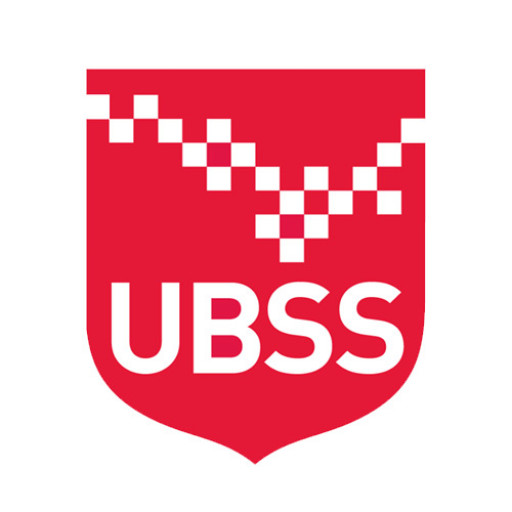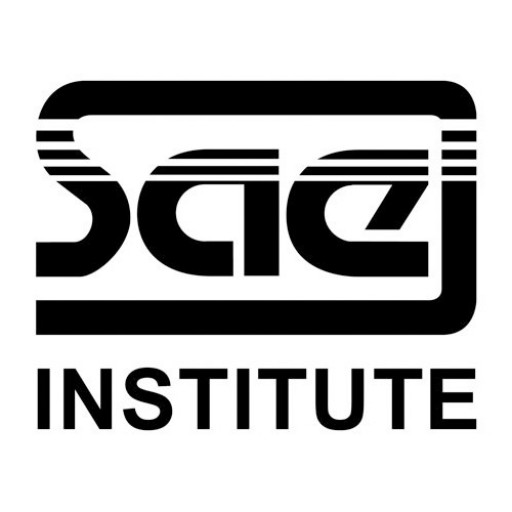Photos of university / #uow
European Studies at the University of Wollongong offers an interdisciplinary and comprehensive exploration of the political, cultural, economic, and social aspects of Europe. This program is designed to provide students with a deep understanding of European history, institutions, and contemporary issues, equipping them with critical analytical skills relevant to a wide range of careers in international relations, diplomacy, journalism, business, and academia. Throughout the course, students will examine key themes such as European integration, multiculturalism, European Union policies, security challenges, and the role of Europe in global affairs. The curriculum combines theoretical foundations with practical applications, encouraging students to develop a nuanced perspective on Europe’s diverse nations, languages, and societies. Students will engage with a variety of innovative teaching methods, including lectures, seminars, and research projects, often involving case studies, debates, and guest speakers from European institutions. The program also emphasizes language proficiency, with opportunities for language study to enhance intercultural communication skills. Graduates of the European Studies program will be well-prepared to pursue careers in international organizations, government agencies, NGOs, media outlets, and multinational companies, or to continue with postgraduate research. The University of Wollongong's strategic location and strong international links offer students unique opportunities for internships, exchanges, and hands-on experiences in European contexts. The program fosters critical thinking, intercultural understanding, and global awareness, enabling students to become engaged and informed global citizens with a specialized knowledge of European affairs.
European Studies at the University of Wollongong offers a comprehensive interdisciplinary curriculum designed to provide students with a deep understanding of the political, economic, cultural, and social dimensions of Europe. The program aims to equip students with the critical skills and knowledge necessary to analyze Europe's diverse societies, its history, institutions, and its role within the global context. Throughout the degree, students explore European integration, international relations, European law, and the cultural dynamics that shape the continent. The curriculum combines theoretical foundations with practical applications, encouraging students to examine contemporary issues such as migration, identity, security, and economic development in Europe. Students will also have the opportunity to study European languages and participate in exchange programs to gain firsthand experience of European cultures and societies. The program emphasizes research skills, analytical thinking, and intercultural competence, preparing graduates for careers in diplomacy, international business, policy analysis, academia, and beyond. With a strong emphasis on critical engagement and global perspectives, the European Studies program at UOW provides a solid foundation for understanding one of the world's most complex and influential regions. Students benefit from expert faculty, innovative teaching methods, and a vibrant academic community dedicated to exploring Europe's past, present, and future trajectories. Upon completion, graduates will be well-equipped to contribute thoughtfully to discussions around European affairs and to pursue further studies or professional opportunities in international relations, European institutions, or related fields.
Program requirements for the European Studies degree at the University of Wollongong typically include a combination of core courses, electives, and proficiency in relevant languages or interdisciplinary skills. Students are expected to complete a set number of credit points, usually around 144 to 180, depending on the specific program structure. The core curriculum often covers essential topics such as European history, politics, culture, and economic systems, providing a foundational understanding of the continent's diverse societies and institutions. Elective courses allow students to tailor their studies according to their interests, selecting from modules like European integration, international relations, foreign policy, or regional studies.
Language proficiency is often encouraged or mandated, with options to study European languages such as French, German, or Spanish, aiming to enhance intercultural communication skills. Additionally, students may undertake a research project, internship, or a study abroad component to gain practical experience and intercultural competence. The program emphasizes critical thinking, analytical skills, and a comprehensive understanding of contemporary European issues, preparing graduates for careers in diplomacy, international organizations, business, academia, or public policy. Admission requirements typically include completion of secondary education, with specific prerequisites varying based on whether students enter directly from high school or as transfer students. All students must meet English language proficiency standards, and some may need to demonstrate additional requirements such as prior relevant coursework or interviews. The program may also include workshops, seminars, and guest lectures to enhance learning and provide industry insights.
The University of Wollongong offers various financing options to support students pursuing the European Studies program. Tuition fees for international students typically range from AUD 25,000 to AUD 30,000 per year, depending on the specific level and components of the program. Domestic students benefit from significantly lower tuition rates, often subsidized by government scholarships and loan schemes. The university provides numerous scholarships aimed at both domestic and international students, including merit-based awards, need-based assistance, and region-specific scholarships. These scholarships can cover partial or full tuition fees, thereby reducing the financial burden on students. Additionally, students are encouraged to explore external funding opportunities such as government grants, private sponsorships, and international funding programs which may support their studies abroad. The University of Wollongong also offers payment plans that allow students to spread out their tuition payments over several installments, facilitating easier financial management. For students requiring financial assistance, the university's student support services can provide guidance on application processes for scholarships and loans, as well as financial planning advice. Furthermore, part-time work opportunities are available both on and off-campus, enabling students to earn income while studying, which can be used to cover living expenses or other educational costs. International students are also eligible to apply for work visas that allow limited employment during their studies, further supplementing their finances. The university’s dedication to accessible education ensures that qualified students are supported financially through various institutional and external funding avenues, aiming to make European Studies attainable regardless of economic background. In conclusion, financing the European Studies program at the University of Wollongong involves a combination of tuition subsidies, scholarships, external funding, payment plans, and employment opportunities, all designed to ease the financial commitment and support students’ academic pursuits.
The European Studies program at the University of Wollongong is designed to provide students with a comprehensive understanding of the European continent, its history, cultures, politics, and economics. This interdisciplinary degree explores the diverse aspects of European society and its global influence. Students will engage with subjects such as European history, politics, international relations, language studies, and cultural studies, equipping them with a broad knowledge base and critical skills relevant to careers in diplomacy, international business, policy analysis, and cultural exchange. The curriculum emphasizes both theoretical frameworks and practical experiences, including opportunities for study abroad programs in European countries, internships, and collaborative projects with European institutions. The program aims to develop students' intercultural competencies and language proficiency, often offering modules in European languages such as French, German, or Spanish. Graduates of this program are prepared to work in multinational corporations, governmental agencies, non-profit organizations, or pursue further academic research. The University of Wollongong supports students through dedicated academic advising, career services, and partnerships with European cultural and academic institutions. The degree's structure typically spans three to four years, depending on full-time or part-time enrollment, and may include options for specialization in areas like European politics, economics, or cultural studies. By combining rigorous academic coursework with practical experiences, the European Studies program aims to foster well-rounded graduates capable of navigating complex global issues related to Europe and beyond.






